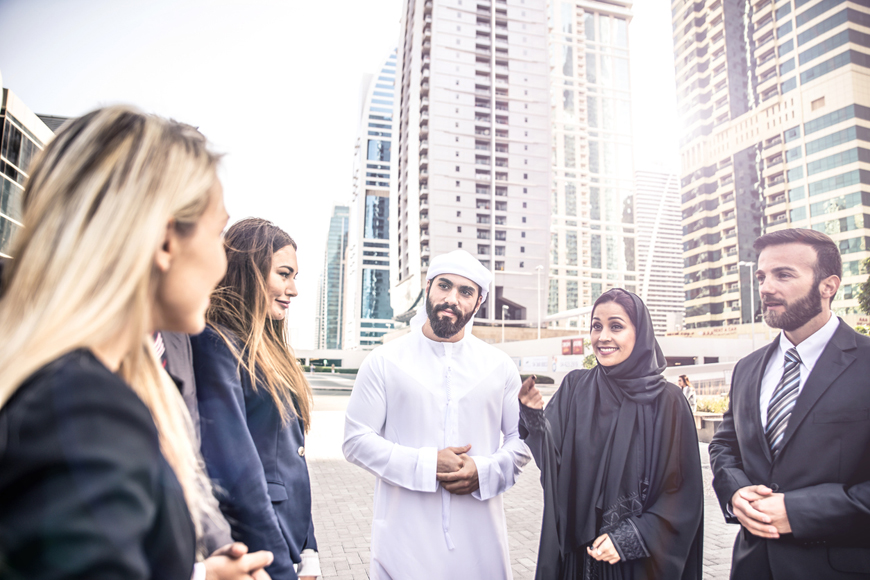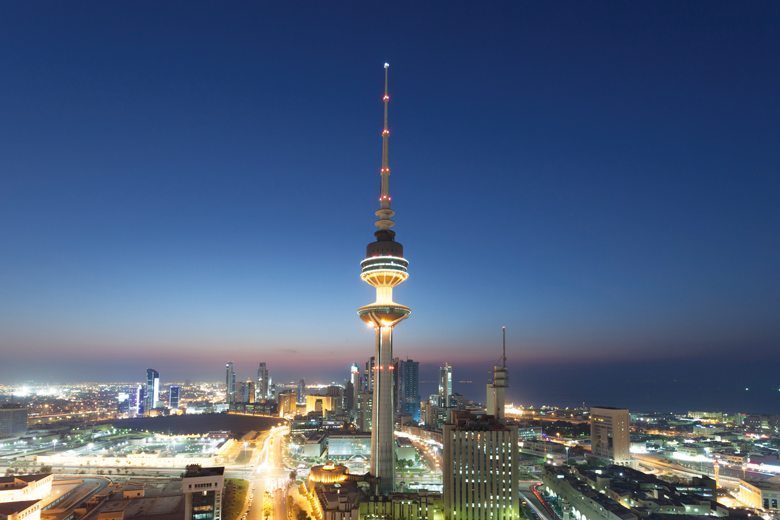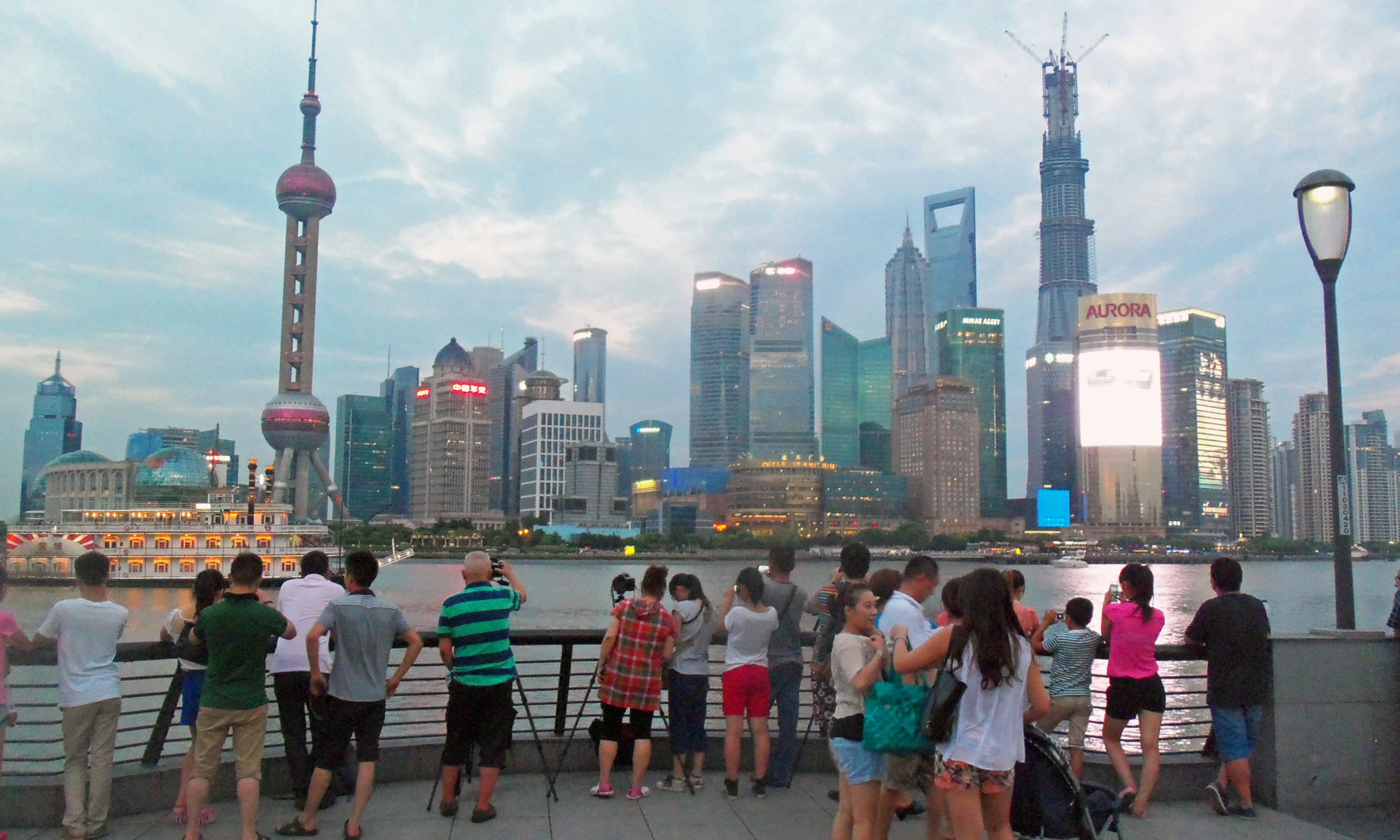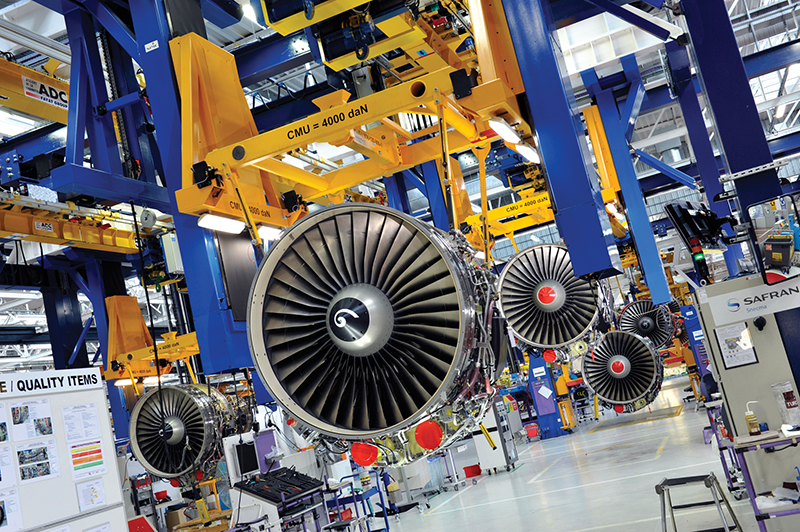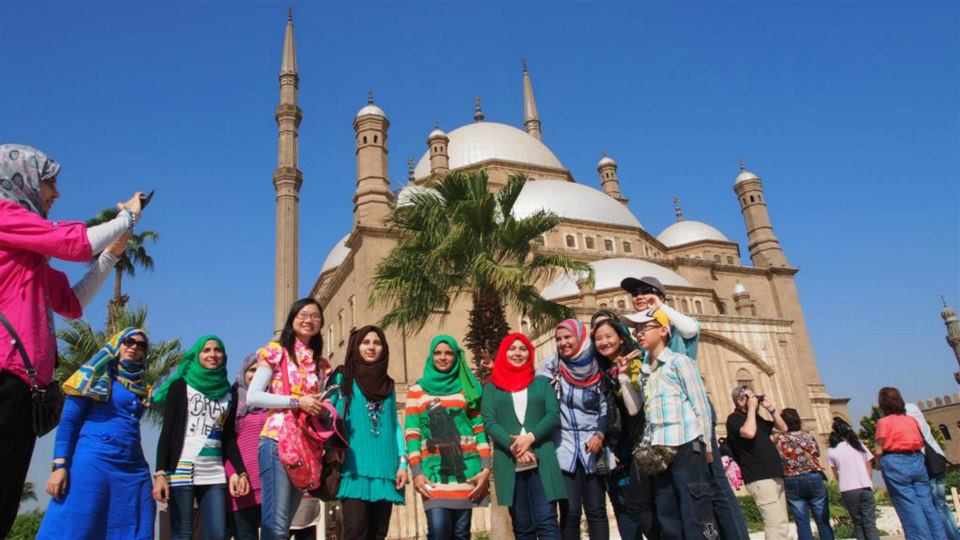The UAE legislators have initiated the fundamental step for implementing UAE Federal Law Number 19 of 2018 on Foreign Direct Investment (FDI Law). The FDI Law introduces a framework for the UAE Cabinet to permit foreign shareholders to own up to 100 percent of onshore UAE companies in certain designated sectors. On July 2, 2019, the UAE Cabinet met and subsequently approved the sectors and economic activities eligible for up to 100 percent foreign ownership.
This represents a significant milestone in the UAE’s efforts to attract and retain more foreign direct investment (FDI) and diversify its economy by permitting foreign investors to incorporate and hold more than 49 percent of the shares in the capital of companies operating in certain sectors of the economy, without needing to partner with a UAE national.
A timely but measured response to demand
The World Investment Report 2018 issued by the United Nations Conference on Trade and Development (UNCTAD) highlighted the UAE’s competitive advantage as an attractive hub for investors from across the globe. This report showcased the UAE’s leading ability to attract FDI. FDI in the UAE reached a total of $10.4bn in 2018, in part due to rising cross-border M&A, ranking the UAE first amongst Arab countries and 27th globally (up from 30th in 2017). Also, the UAE’s share of FDI in 2018 accounted for 36 percent of the total FDIs flowing to the group of Arab countries as a bloc.
The UAE’s Foreign Direct Investment Committee (FDIC) is the sole governmental body which can legally propose to the UAE Cabinet the list of eligible commercial activities and the economic sectors in which greater levels (i.e. over 49 percent) of FDI will be permitted (Positive List).
Following the FDIC’s second meeting after the implementation of the FDI Law which took effect on September 24, 2018, the UAE Cabinet has now subsequently issued the hugely anticipated Positive List.
The Positive List
The Positive List covers a total of 122 economic activity groups, encompassing over 900 activities across 13 sectors, including, but not limited to, the agricultural, manufacturing, renewable energy and space sectors, which would be eligible for up to 100 percent foreign ownership. Further, the FDI Law provides the FDIC with powers to regularly update the Positive List and so the Positive List may be amended to encompass additional activities in due course.
An in-depth examination of the initial declared sectors and activities reflects the UAE’s focus on attracting investments in specific areas that are considered key to the realisation of its vision and strategic plans, in light of the ongoing governmental efforts to position the UAE as the regional hub in such sectors.
By excluding, at least to date, sectors that might be considered as saturated such as real estate and retail, the UAE Cabinet’s choice of sectors appears to be driven by industries that can support the UAE’s plans to promote innovation and knowledge transfer, attract international expertise, create new job opportunities and training for national cadres and strengthen and sustain the economy in accordance with international best practices.
Minimum capital requirements
The Positive List specifies certain requirements for entities which are the subject of an application for an increased level of foreign ownership, including minimum capital requirements ranging from AED7.5m ($2.04m) to AED10m ($2.72m) for the majority of the agriculture-related activities and between AED2m ($544,000) to AED100m ($27.22m) for manufacturing related activities included in the Positive List.
The UAE Cabinet’s resolution provides each emirate with the authority to determine the cap on an increase in the ownership percentage of foreign investors above 49 percent for activities included in the Positive List. This flexibility provides each emirate with a degree of discretion in deciding the appropriate level of foreign ownership in accordance with its respective needs and local economic interests.
What does this mean for FDI in the UAE going forward?
This may theoretically result in varying foreign ownership thresholds for the same sectors across different emirates in the absence of a uniform requirement to harmonise foreign ownership levels across the UAE.
Could this have an impact on the flow of FDI across the UAE and potentially result in the various emirates competing in order to attract investments, reflecting the needs and economic interests of each of the seven emirates? Also, how will this impact the existing free zones currently operating in the UAE as foreign investors become drawn into the appeal of establishing a majority or wholly owned onshore entity, notwithstanding the other benefits of operating in a free zone (i.e. duty free imports).
Whilst the answer to these questions will unfold over the coming months, it is widely acknowledged that the relaxation of the UAE’s foreign ownership restrictions is likely to incentivise foreign businesses through (i) establishing a presence onshore and, in turn, attracting new players into the mainland market or (ii) restructuring their existing shareholding arrangements to own a controlling majority, or even the entire issued share capital, in an onshore entity.
At Dentons, some of our clients are already exploring the implications of these developments which marks a significant milestone towards the UAE achieving its economic vision.
Source:https://www.arabianbusiness.com/comment/428504-from-legislation-to-implementation





